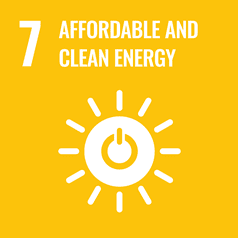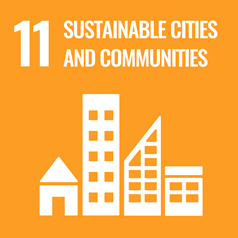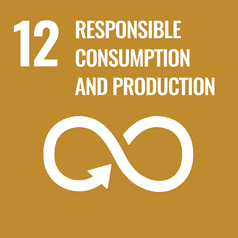
Transforming the minerals sector to meet growing demand
Laureate Professor Kevin Galvin’s groundbreaking innovations are driving economic benefits and reducing environmental impacts across the global resources sector.
By the year 2050, our planet will be home to 9 billion people. As our population grows, so does the demand for critical minerals that support industry, technology and day-to-day living.
Australia is one of the top five producers of the world’s mineral resources, which are used in everything from mobile phones to wind turbines, electric cars, solar panels, rechargeable batteries, electrical cables, paints and more.1
While demand grows, the grade of some of our more accessible ore bodies is declining. This means we need to extract minerals from deeper reserves – which is more complex, more costly and requires more access to other natural resources such as water.
Traditional process of recovering particles of high metallurgical value – known as beneficiation – needs to change to be more economical and environmentally sustainable.
University of Newcastle Laureate Professor Kevin Galvin has developed a long line of innovations and collaborations designed to do exactly that.
Commercial impact: The REFLUX Classifier
One of Professor Galvin’s most successful inventions is the patented REFLUX Classifier (RC™) – an industrial machine that separates fine mineral particles based on either density or size.
It helps companies enhance their extraction efforts by recovering high-value product that would have otherwise been discarded as waste, while also delivering greater water and energy efficiency.
TUNRA (a wholly owned subsidiary of the University of Newcastle) connected Professor Galvin with Ludowici Australia to commercialise his research, resulting in the first installation of the REFLUX Classifier on a mine site.
Research and development expanded significantly when Danish company FLSmidth & Co acquired Ludowici in 2012, resulting in a device that not only helps save the global minerals and mining industry billions of dollars but also provides significant environmental benefits.
To date, more than 240 full-scale REFLUX Classifiers have been installed in over 15 countries.
It is estimated the technology has helped process more than $75 billion worth of raw materials and delivered a net benefit of more than $7.6 billion to end users.
The REFLUX concept has since been incorporated into several other innovative products, such as the REFLUX Flotation Cell (RFC™), the GradePro™ Classifier, the Graviton Separator, and the coarseAIR™ coarse particle flotation cell.
The REFLUX Flotation Cell secured a 2023 Mining Magazine Technology Award while the GradePro™ (formally known as the REFLUX Concentrating Classifier) won the 2023 Mining Technology Excellence Award for the best new product launch.
In July 2025, Professor Galvin secured an Australian Economic Accelerator Innovation grant to further advance the REFLUX Classifier technology in partnership with FLSmidth, with the aim of improving particle separation in the mineral recovery process.
Driving new mineral processing solutions
Professor Galvin’s research has focused on particle separation techniques across a range of commodities including zinc, iron ore, lithium, chromite, tin and manganese.
This body of work helped lay the foundation for the $35 million Australian Research Council Centre of Excellence for Enabling Eco-Efficient Beneficiation of Minerals, which was established in 2021.
Professor Galvin is the Director of the Centre, which sees experts from nine Australian universities collaborate with industry partners from Australia, Europe and America.
The Centre is creating new and inventive ways to separate minerals and metals using less water, less energy and with less waste. It’s also addressing previously unsolved problems, including finding new approaches to recover rare earth minerals with the help of computational chemistry, advanced synthetic approaches and biotechnology.
1World Rankings | Geoscience Australia March 2024
Last updated August 2025
More information:
Laureate Professor Kevin Galvin
+61 2 4033 9077

Laureate Professor Kevin Galvin
This is a prime example of how our University is at the forefront of providing solutions to major environmental issues.
Aligned with the United Nations Sustainable Development Goals
Read more research impact case studies
The University of Newcastle acknowledges the traditional custodians of the lands within our footprint areas: Awabakal, Darkinjung, Biripai, Worimi, Wonnarua, and Eora Nations. We also pay respect to the wisdom of our Elders past and present.




